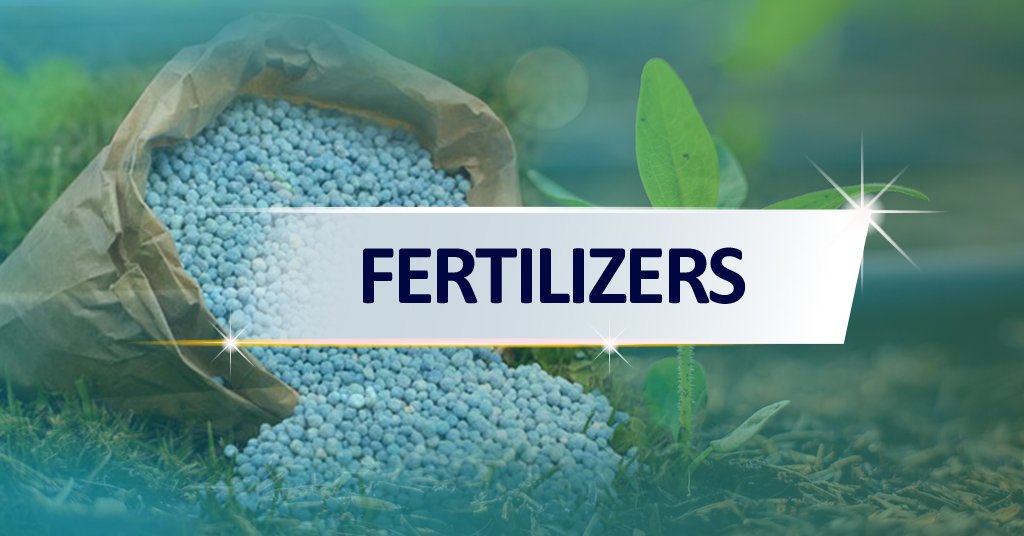Welcome To ChemAnalyst

India: Prices for Nitric Acid have been rising since October 2022 in the global market as demand grows due to its increasing use in fertilizers, which are utilized more frequently in agrarian economies. The price of chemical goods, especially Nitric Acid, has risen because as many industries as possible in the European region have scaled back their production activity.
The European region's supply crisis is making companies more dependent on the Indian market. India is a viable alternative for some European companies looking to relocate production due to its low energy prices, affordable labor, and improved ease of business.
Additionally, product demand has increasingly relied on Korea, the world's second-largest exporter of Nitric Acid after Europe. Together, Europe and Korea account for more than 80% of all Nitric Acid exports globally, with Europe contributing 50% and Korea contributing 30% of Nitric acid volumes.
India has been dealing with a shortage or irregular supply of Nitric Acid since FY21–22 because of a mismatch between supply and demand brought on by the continuous rise in Nitric Acid end-use demand, a delay in the capacity ramp-up at Deepak Fertilizers (DFPCL), and the lack of new capacity addition. While DFPCL is the only player selling in the open market, RCF and GNFC broadly use Nitric Acid captively.
With China only accounting for a minor percentage of the total export market, India imports more than 90% of its Nitric Acid needs from Korea. Nitric Acid is still more in demand in China than other industrial chemicals. India imported 3,000 tonnes of Nitric Acid from the rest of the globe while only acquiring 25 tonnes from China. It also imported 21,000 tonnes of Nitric Acid from Korea.
However, Given the lack of domestic procurement, Aarti Industries intends to build a 90,000-tonne-per-year Nitric Acid concentration plant by Q3FY24. At a 50% utilization rate, this suggests importing 40,000–50,000 tonnes of weak Nitric Acid, roughly twice what India imports or 10% of what Korea exports, and poses a substantial dependence risk.
According to ChemAnalyst experts, the market dynamics of Nitric Acid may show further robustness in the coming weeks across the Asian market. Due to lower-than-expected raw material availability, downstream Ammonium Nitrate traders would raise offers and stockpile new stocks.
We use cookies to deliver the best possible experience on our website. To learn more, visit our Privacy Policy. By continuing to use this site or by closing this box, you consent to our use of cookies. More info.
